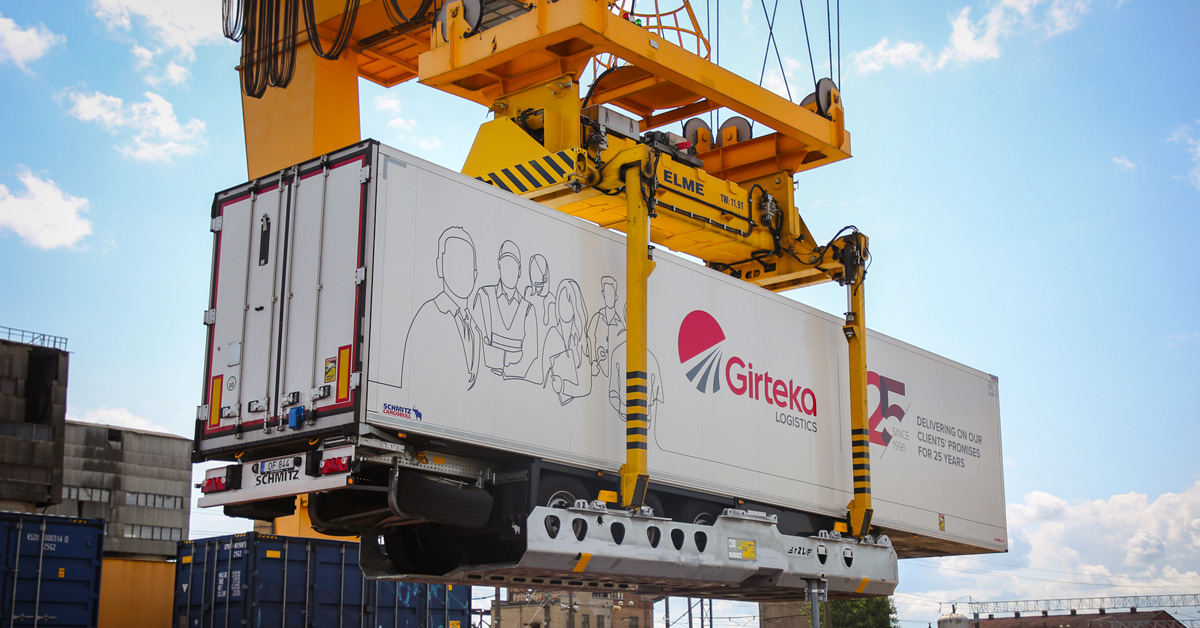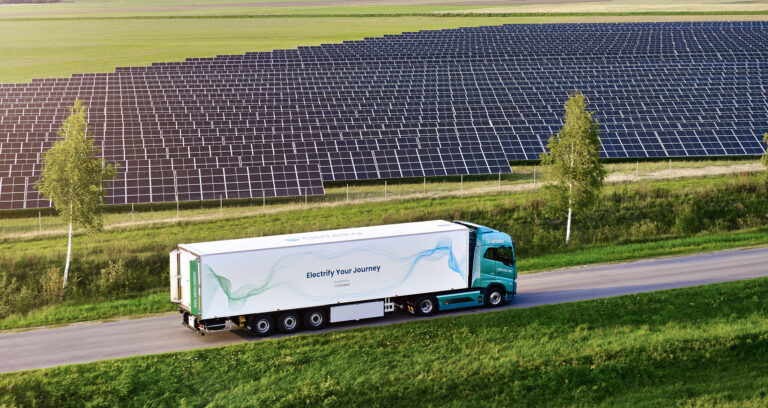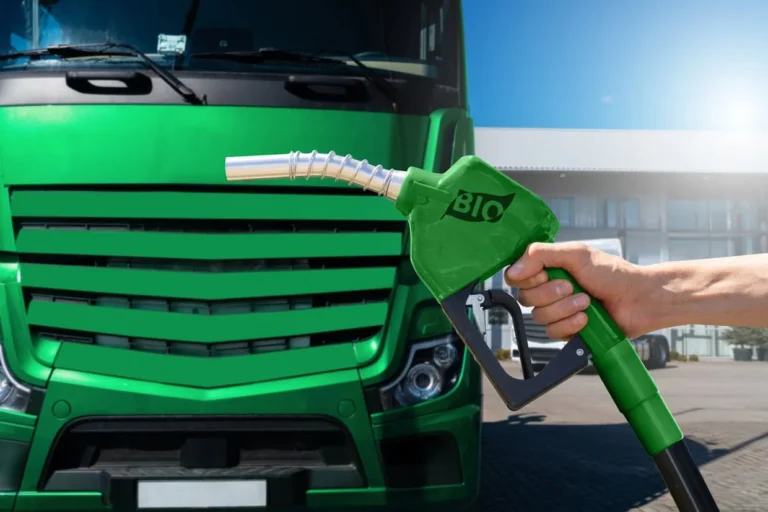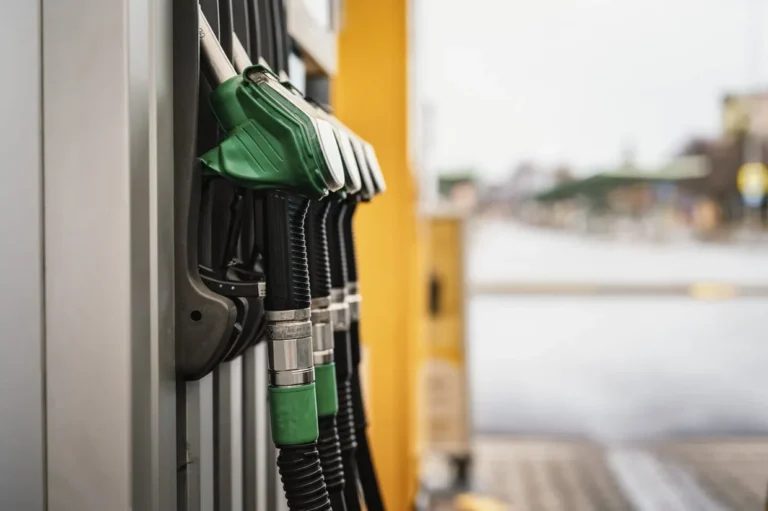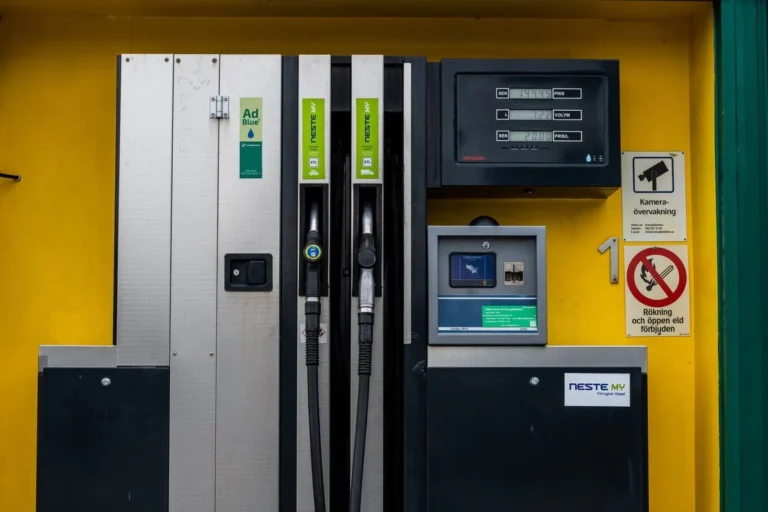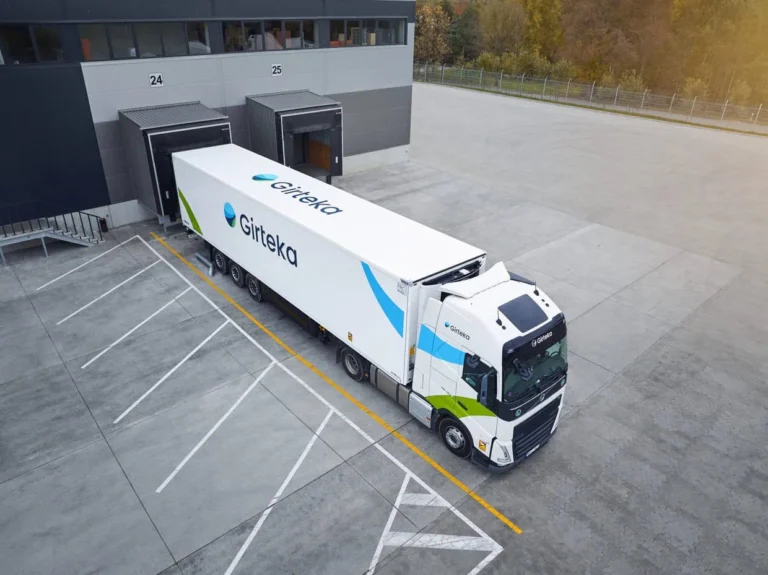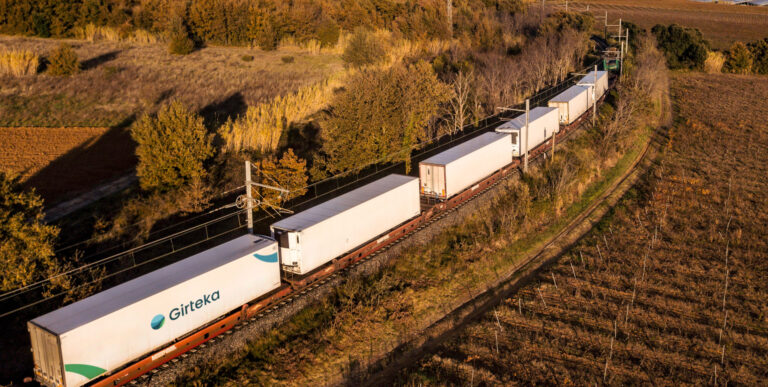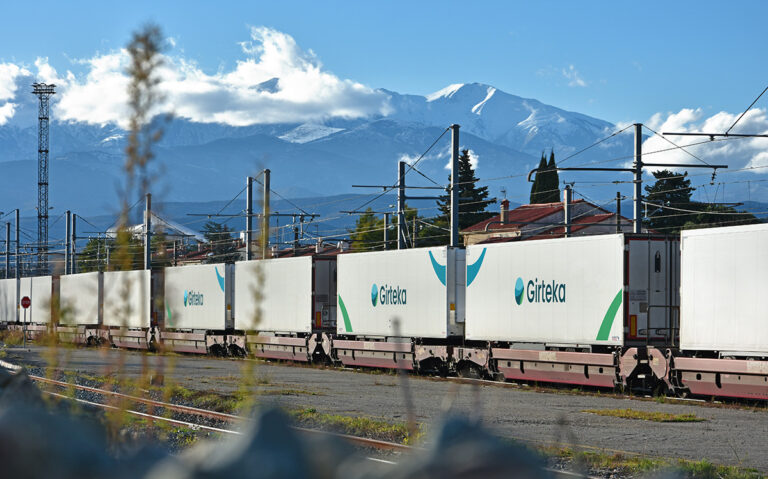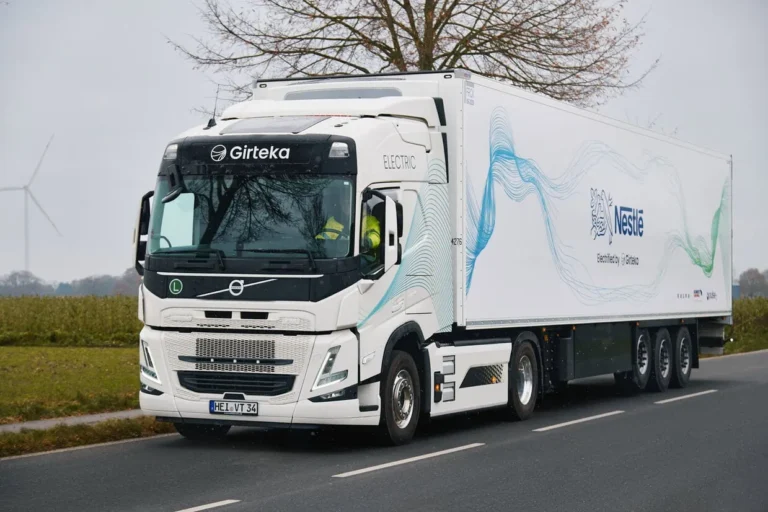Since last week the new Intermodal Terminal for commercial traffic was opened in Kaunas, Lithuania, Girteka Logistics, the largest asset-based transportation company in Europe, was one of the first few companies to carry its trailers on the inaugural intermodal rail journey between the Netherlands and Lithuania. Opening the new Intermodal Terminal, now the most Eastern destination on European rail network, will allow Girteka Logistics to offer a wider network of destinations to its clients with one of the most environmentally friendly transport solutions that are currently available on the market. Last year about 5% of Girteka Logistics full trucks loads were carried utilizing intermodal rail network and this year the company has already surpassed its result being on the way to double it.
“The new intermodal terminal in Lithuania, now the most Eastern destination on European rail network, will strengthen our business proposition to our clients, as we are now able to offer a wider range of destinations covered by rail. It will also allow us to utilize a much more environmentally-friendly option to carry our customers’ goods since intermodal rail transportation is one of the most effective ways to reduce your CO2 emissions and as transportation company, we are actively looking for ways to reduce our environmental footprint,” says Pavel Kveten, Chief Operating Officer (COO) of the European Business at Girteka Logistics.
LTG Cargo Chief Executive Officer Egidijus Lazauskas agrees that the connection of the KIT terminal with the European-gauge railway is not only an economic achievement for Lithuania, but also another element in the consistent implementation of the Green Deal objectives.
“Rail traffic has been recognized as one of the most environmentally friendly means of transport. The EU has officially stated that to reduce CO2 emissions, freight must be transported by train or ship over a distance of more than 300 km, and road vehicles should function as the ‘last mile’ transport. The connection of the European-gauge railway to the KIT opens up additional opportunities for the development of ecological railway transport, thus reducing the CO2 emissions of trailers and freeing up motorways,” says E. Lazauskas.
To link Kaunas, Lithuania with the rest of Europe, the section between the new intermodal freight terminal and the Polish-Lithuanian border had to be transformed to the European gauge. “We have been working for several years for the first freight train to arrive at KIT on the EU standard tracks. I will certainly not exaggerate to say that reconstruction of the Kaunas railway node and its adaptation to the needs of Rail Baltica was one of the most complex recent railway infrastructure projects in Lithuania,” continues E. Lazauskas.
Girteka Logistics plans to carry 20% of its FTLs by rail by 2025, as the company looks to continue to reduce its emissions going forward and expand its intermodal rail capacity.
In 2020 about 5% of the FTL carried by Girteka Logistics were moved by intermodal rail network. It allowed the company to cut its CO2 emissions by 4% compared to 2019 which equated to 8,000 tons of greenhouse gas saved from the environment. In the first half of 2021 Girteka Logistics already surpassed the number of trailers carried by intermodal transportation in 2020 and is currently on track to double its annual result.
Girteka Logistics trailers left Tilburg, the Netherlands on July 16, 2021, and arrived in Kaunas, Lithuania, on July 19, 2021.
